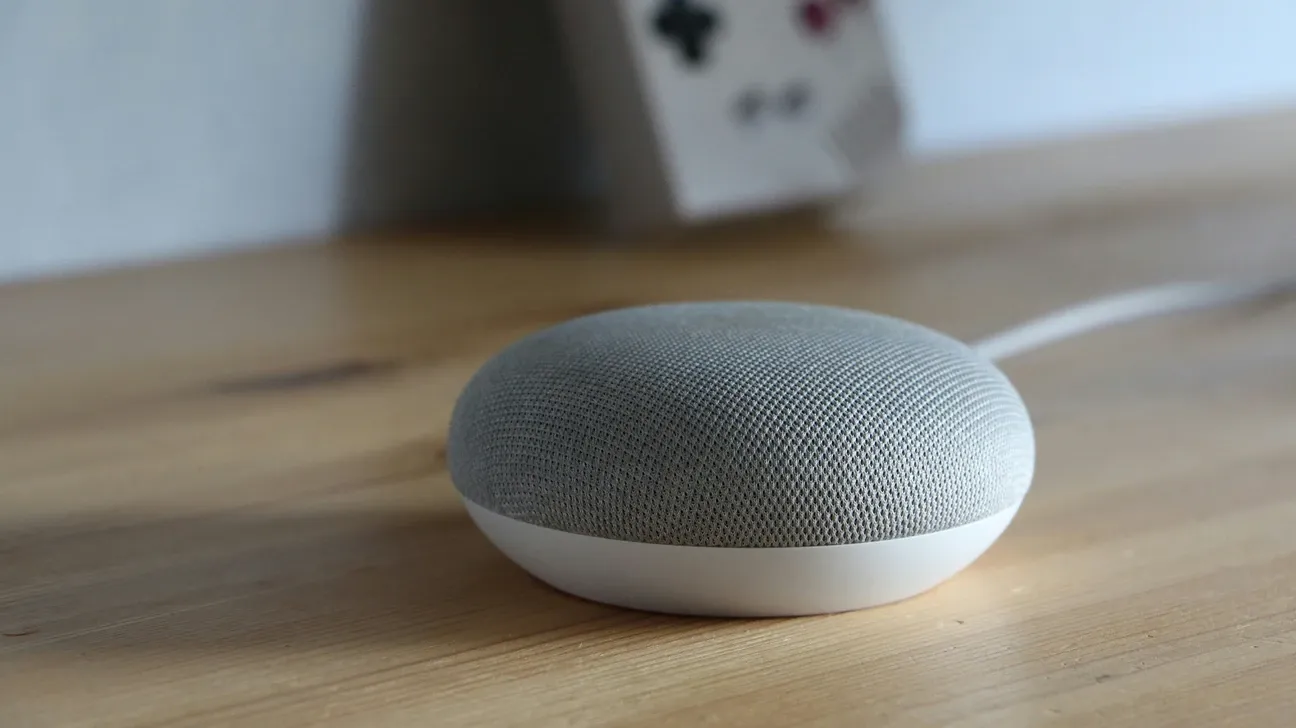When deciding on a smart home system, the debate of Google Nest vs Competitors is a common starting point. Google Nest has carved out a strong position in the smart home market, but how does it stack up against leading alternatives like Amazon Alexa, Apple HomeKit, and Samsung SmartThings? This article breaks down the key differences and advantages of Google Nest compared to its main competitors, helping you choose the best smart home system for your needs.
Overview: Google Nest vs Competitors
Google Nest offers a comprehensive smart home ecosystem that includes smart thermostats, security cameras, and smart speakers, all integrated tightly with Google Assistant. The seamless connection with Google services makes Nest a preferred choice for users already invested in Google's ecosystem. However, when comparing Google Nest vs Competitors, factors like device compatibility, privacy, and ease of use come into play.
Key Features of Google Nest
- Google Assistant Integration: Nest devices work smoothly with Google Assistant, enabling easy voice control and management through the Google Home app.
- Smart Thermostats: The Nest Thermostat learns your habits to optimize energy use, making it a standout product in home automation.
- Security Devices: Google Nest offers reliable security cameras and video doorbells with features like motion detection and cloud storage. The Google Nest Cam (Battery) provides flexible wireless installation with up to three months of battery life, while the Google Nest Cam Outdoor (wired, 2nd gen) delivers 2K HDR video with a 152-degree field of view for comprehensive outdoor monitoring.
- User-Friendly Setup: Nest products are designed for straightforward installation and wireless connectivity.
- Interconnected Ecosystem: Google Nest devices work well together, allowing users to expand their smart home system effortlessly.
Google Nest vs Amazon Alexa
Amazon Alexa is one of the biggest rivals in the smart home space, with a vast range of compatible devices and affordable options.
Advantages of Amazon Alexa
- Extensive Device Compatibility: Alexa supports over 100,000 smart home devices, including many third-party brands, offering more flexibility than Google Nest.
- Customizable Voice Commands: Alexa’s “skills” allow for tailored voice interactions.
- Competitive Pricing: Amazon Echo devices often come at a lower price point, making Alexa suitable for budget-conscious users.
Google Nest's Edge Over Alexa
While Alexa boasts wider compatibility, Google Nest excels in its intuitive setup and deeper integration with Google services like Calendar and Gmail. Nest's security products like the Nest Hello doorbells are highly regarded for their quality and reliability, offering exceptional outdoor surveillance with 2K HDR video and intelligent motion detection.
Google Nest vs Apple HomeKit
Apple HomeKit appeals mainly to users immersed in the Apple ecosystem, offering strong privacy features and seamless integration with Apple devices.
Advantages of Apple HomeKit
- Privacy Focus: Apple emphasizes user privacy, with strict data controls.
- Apple Ecosystem Integration: HomeKit works seamlessly with iPhones, iPads, Apple Watches, and Apple TV, controlled via Siri.
- Advanced Automation: HomeKit supports complex “scenes” and automations based on user routines.
Google Nest's Advantage in the Google Nest vs Competitors Debate
Google Nest provides a broader range of hardware options and supports more third-party devices with fewer restrictions. It also offers a simpler setup experience for users who are not exclusively Apple users.
Google Nest vs Samsung SmartThings
Samsung SmartThings is known for its flexibility and support for multiple communication protocols like ZigBee and Z-Wave, managed through a central hub.
Advantages of Samsung SmartThings
- Wide Device Support: SmartThings works with a diverse array of devices from various brands.
- Central Hub: The hub-based system allows control of devices using different protocols.
- Advanced Automation: SmartThings offers detailed routines and custom automations.
Google Nest’s Strengths Compared to Samsung SmartThings
Google Nest is typically easier to set up and use, especially for smart home beginners. Its voice integration with Google Assistant is more straightforward, making it a smoother experience for many users.
Google Nest Thermostat vs Specialized Smart Thermostats
Beyond the major platforms, specialized thermostat manufacturers like ecobee offer compelling alternatives to Google Nest thermostats. Ecobee thermostats provide advanced features like built-in voice control, remote temperature sensors for multi-room comfort, and compatibility with multiple platforms including Alexa, Google Home, and HomeKit. For users prioritizing thermostat-specific capabilities over unified ecosystem control, ecobee offers sophisticated options that rival Google Nest's climate management features.
Conclusion: Choosing Between Google Nest vs Competitors
When weighing Google Nest vs Competitors, your decision should reflect your existing devices, preferred ecosystem, and priorities like privacy, compatibility, and ease of use. Google Nest stands out for its seamless integration with Google services, user-friendly design, and strong security products. However, if broad device compatibility or advanced automation is your priority, Amazon Alexa or Samsung SmartThings might be better fits. Apple HomeKit remains the top choice for privacy-focused users deeply embedded in the Apple ecosystem.
Ultimately, the best smart home system is the one that fits your lifestyle and makes your home smarter and more convenient. The Google Nest vs Competitors comparison highlights that each platform has unique strengths, so consider your needs carefully before making a choice.
